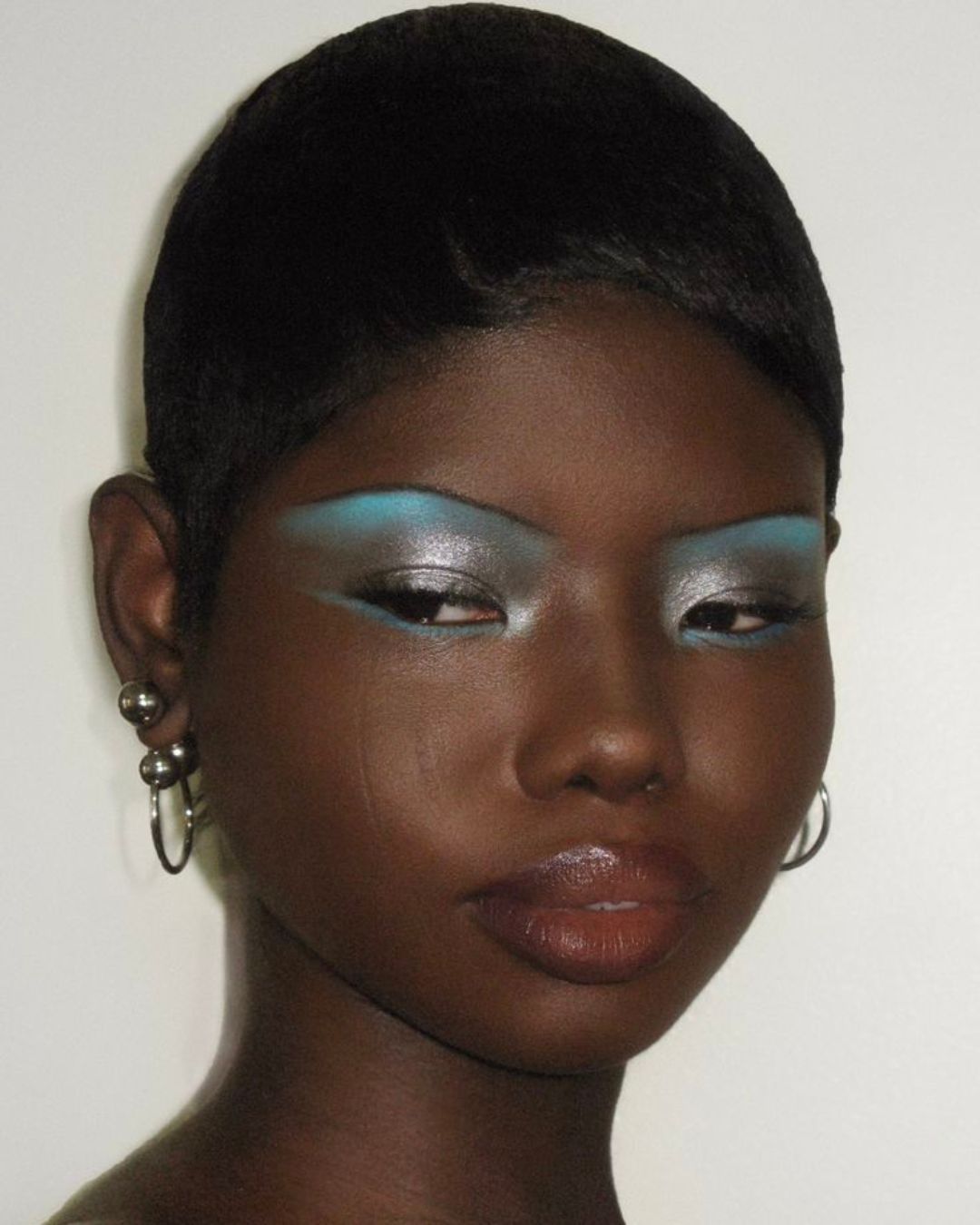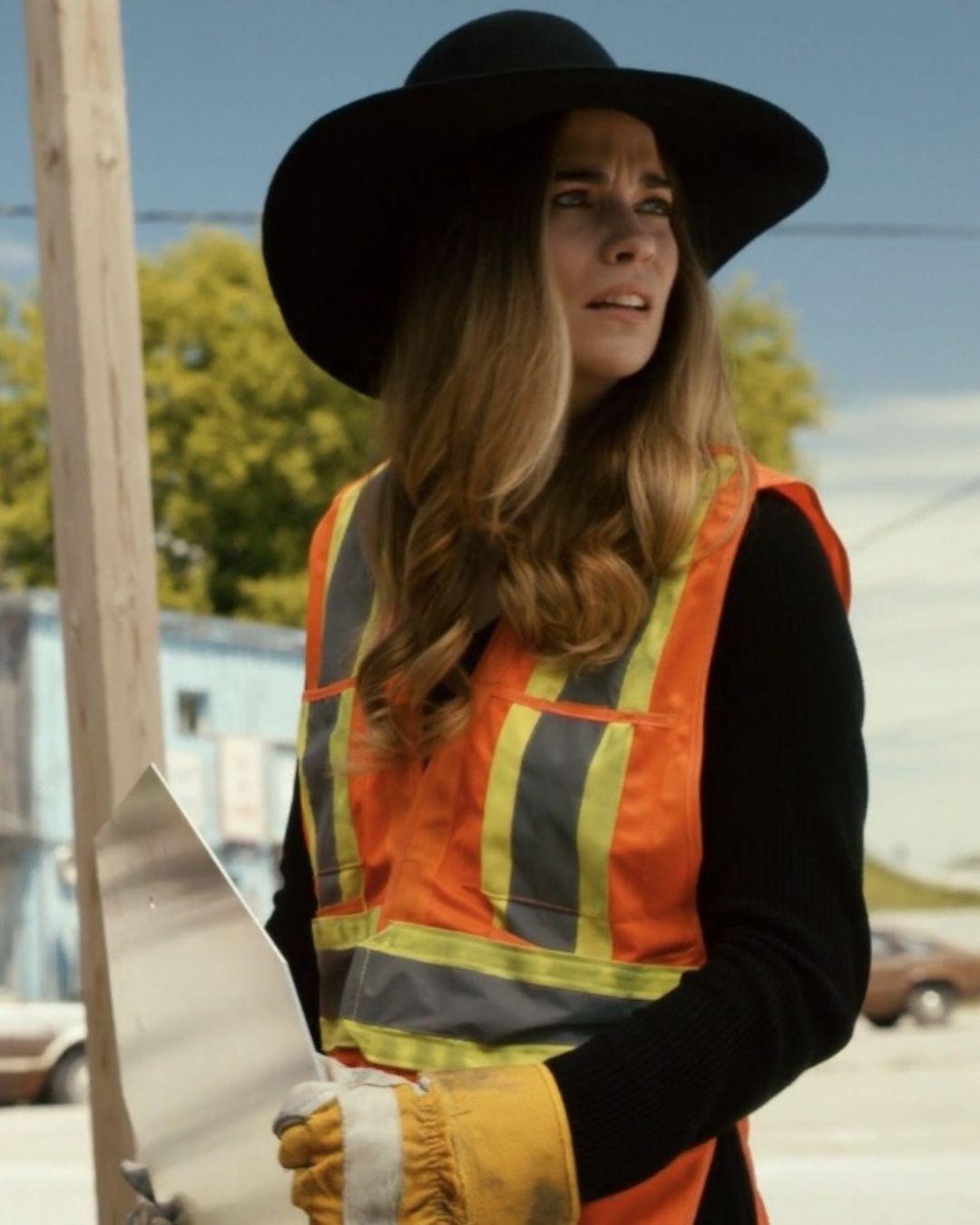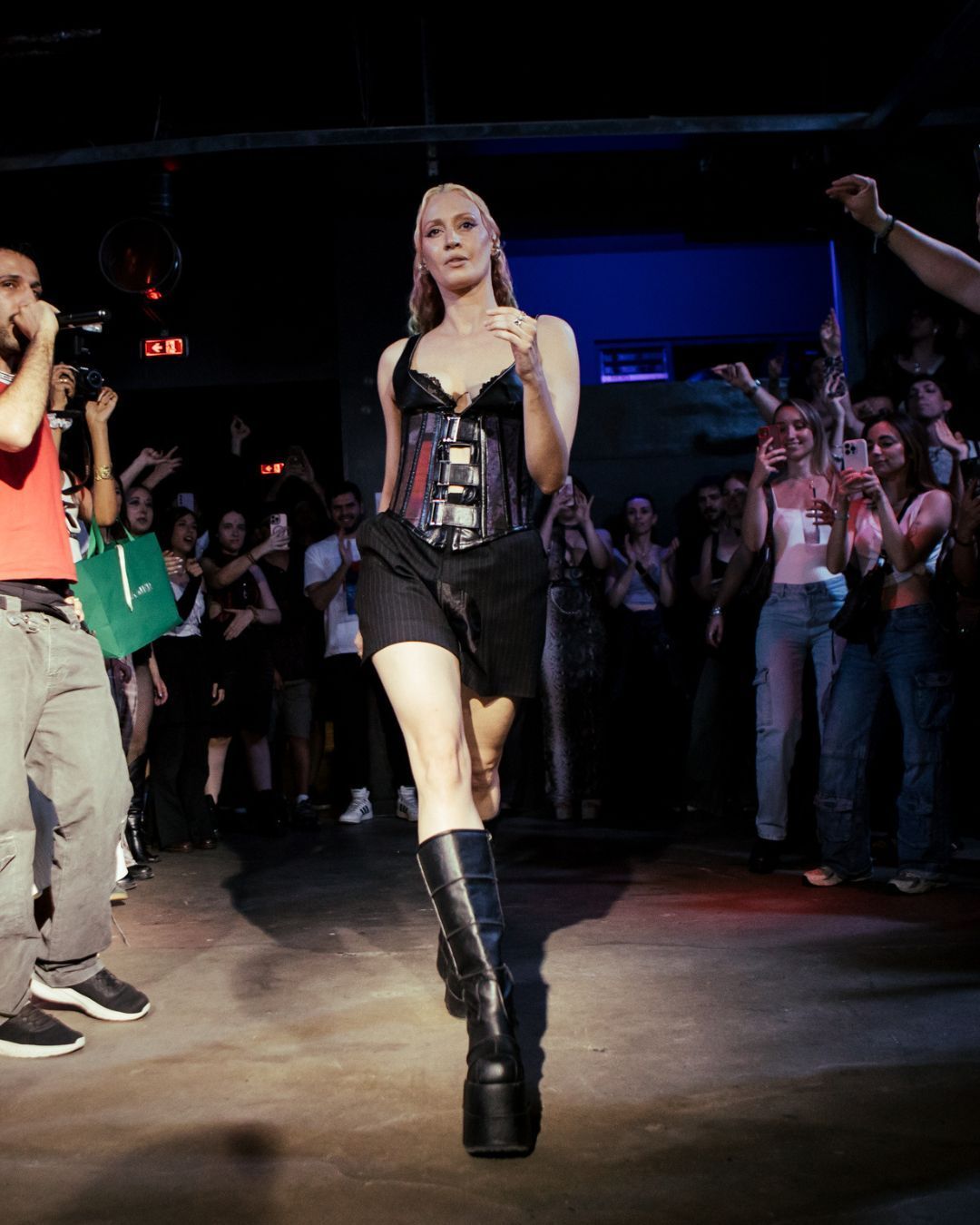
It is time to become aware of our ableism Let's start with Madonna and do some self-criticism
During a concert at the Kia Forum in Los Angeles, California, Madonna directly addressed someone in the audience, urging them to stand up and dance and have fun with everyone else. What Madonna had not considered (probably, amidst the crowd, she hadn't seen clearly) was that the seated fan was indeed sitting, but in a wheelchair. Upon realizing the mistake, the pop star immediately backtracked: "Politically incorrect, sorry. I'm glad you're here." A slip-up captured by a smartphone and broadcast worldwide, which, however, can give us a starting point to reflect on our ableism. Especially because we don't often get the chance to chat with Madonna. Not yet, at least.
Are We Ableist?
The first step is to be aware of it. Even if we are well-intentioned, we may still have ableist behaviors or thoughts that disregard the needs of people with any type of disability and put us in an advantaged position as able-bodied individuals. For example, do we sit in seats reserved for people with disabilities or special needs on public transport? When a passenger who might need that seat arrives, do we get up or pretend not to see them? Moreover, do we notice the architectural barriers all around us? How do we address disabled people and talk about them in their absence? When someone tells us they are disabled, do we immediately look for visible signs of this disability? Are we aware that there are also invisible ones? When we see pre-cut vegetable trays at the supermarket (which also cost more), can we understand that they may be suitable for those who cannot or struggle to hold a knife? Have we used words considered slurs by the community or insulting expressions that perpetuate the idea of the inferiority of people with disabilities?
Institutional Ableism
However, like any form of discrimination based on power difference and someone's advantage over someone else, ableism is not just an individual problem, but also a problem of the community and the current power systems in place. In this case, we talk about the ableism of an entire sector, such as the beauty and make-up industry, which is only now beginning to adapt its packaging and create products usable by those with mobility issues in their hands and arms. There's the medical aspect, which focuses on finding a cure, believing that the only way to exist is to be completely healthy, thus ignoring adaptation mechanisms and aids for the current situation. There's the institutional aspect, which encompasses them all and makes it harder for people with disabilities to find employment, move around, and live to the best of their abilities.
What Can We Do?
Once we become aware of our internal thought mechanisms that lead us to take for granted that we are in full possession of our abilities and that make us ignore the needs and specific requirements of disabled people, we must take action. As usual, it's about investigating and deconstructing, and the work is not easy. It might make sense to start following disabled creators (in Italy, the most well-known is Bebe Vio) who seek to raise awareness on the topic, welcoming their criticisms and insights with an open mind and a strong desire to improve, and learning about the work of relevant associations. Furthermore, we need to get used to including disabled people in our struggles (such as feminist struggles), making discussion and debate spaces accessible to them, so that disabled activists can advocate for their issues without barriers, amplifying their voices without overshadowing them. And if sometimes it's necessary to step aside, it's better not to see it as a tragedy.

























































